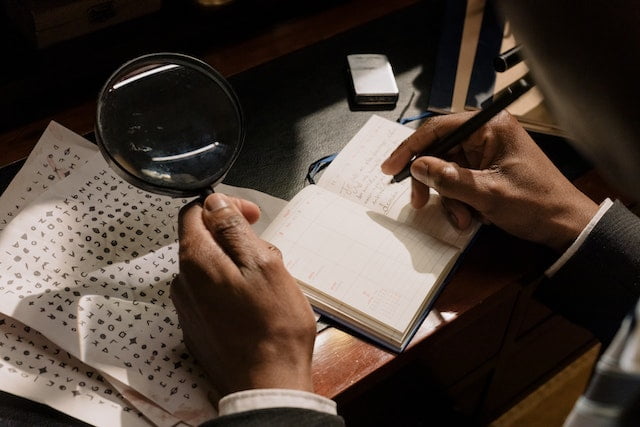
Do you know what is Encryption? In short, no. encryption is a term that sounds too difficult for anyone to use who isn’t tech-smart. In fact, most of the users find themselves at the mercy of intruders as they are unaware of how easily encryption works and protects their data.
There are also a few things you must do or do not do. Hence we have added an article on Do’s and Don’ts in Cyber Security.
How to Use Encryption, you Must First Learn What is Encryption?
It is nothing but a systematic process of encoding information that makes your data scrambled. Encryption usually gets paired with your data which enables only the one having possession of the key to unlock the treasure chest (encrypted).
Know that this key is totally unique where each user has a different key that either encodes or decodes the data as directed by the key holder. The key however isn’t any physical key and is only a form of a password which once entered, makes the data readable again.
How Can You Use Encryption?
You must be using encryption in your daily life, but you just do not know it. For example, the WhatsApp you use shows a notification of end-to-end encryption where you send some info that is wrapped in security, making it scrambled to all except for the designated user (which is the recipient).
End-to-end encryption highlights the steps of scrambling and encoding the data to make sure only the sender and receiver may access it.
Other Modes of Security:
Apart from this, you can use a lot of algorithms related to encryption that best fit your needs. Terms like Triple DES, RSA, and Blowfish are some common names in this category.
Another means of data protection is data masking where a fake version of data is created to misguide the snoopers and hackers into believing it is the real data which in reality isn’t. Data masking is usually used as bait to pinpoint exactly from which direction is our data penetrating. Later on, organizations make up against such attacks to withstand even stronger attacks.
It however does not provide this facility. Data masking replaces private information which is similar, realistic, and not real data. The best thing about data masking is that it maintains the healthy life of your data in terms of quality and unlike the encrypted information, masked data can never be reversed as it is only one way.
Future of Encryption:
Quantum Crypto:
A method that exploits quantum mechanical properties to fulfill objectives related to cryptography. The basic advantage of this is that it allows the fulfillment of multiple cryptographic objectives which are proven to be impossible. For instance, it seems hard or even impossible to steal or copy the data stored in a quantum state where the act of interpreting the encoded information changes the state in a quantum state.
Homomorphic Encryption:
Homomorphic encryption can solve high-end security issues that relate to the field of cloud. For instance, companies offering different services can identify the currency, the tax, the rate of exchange, etc. without risking or exposing the data that is unencrypted to the servicing companies. This type of encryption can also come in handy in arranging protected voting systems, confidential data retrieval schemes, collision-resistant functions, and more.
Honey Encryption:
A type of encryption that arranges a series or a bunch of useless data whenever the wrong credentials are entered. The hacker however won’t be notified of the wrong attempt and would be shown data similar to the real one but wouldn’t be the actual data. In this way, a hacker would stop making any more attempts thinking all that was supposed to be hacked is now in their possession but the reality is it was nothing but fake data that came into existence due to the use of the wrong key or password.
Summary:
Encryption, in short, isn’t going extinct anytime soon. The current version or algorithm of 256-bit encryption so far hasn’t seen much of a competition or an enemy and in the future, smart minds are creating even better techniques against which, hackers and intruders might not have a chance at all.






